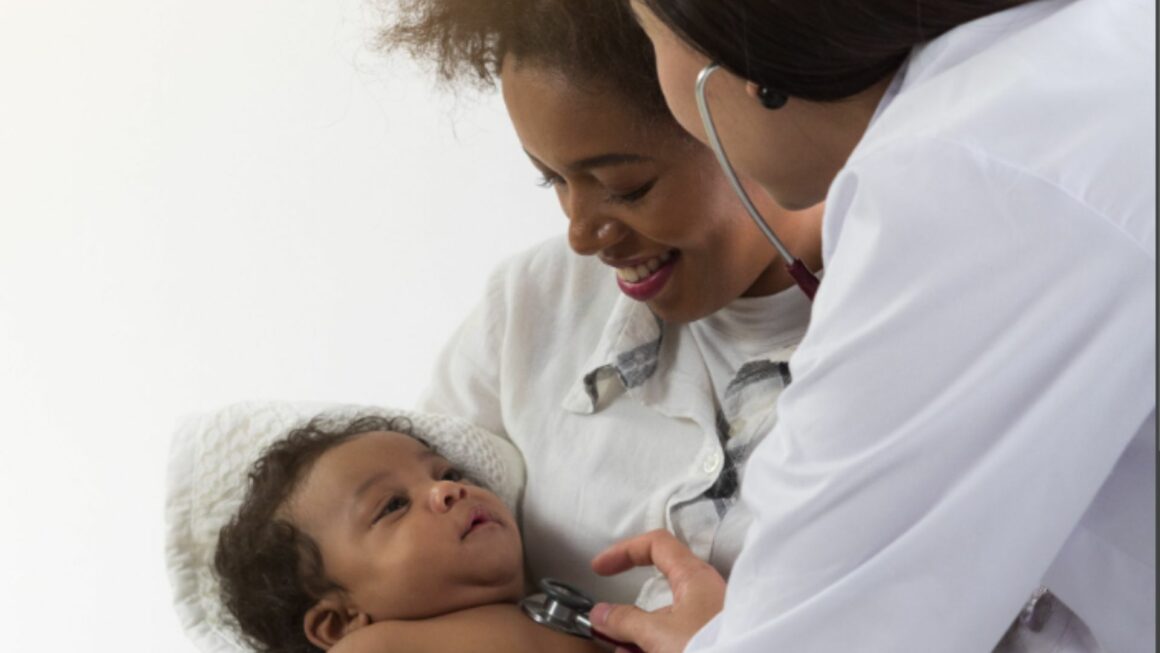Aging is a natural biological process that brings about a variety of changes in our bodies. As we grow older, our cells, tissues, and organs undergo alterations that can impact our physical and mental well-being. In this post, we will explore the science of aging and how our bodies change over time.
Cellular Aging:
At the cellular level, aging is influenced by various factors, including the shortening of telomeres (the protective caps at the ends of chromosomes) and the accumulation of DNA damage. Additionally, cellular metabolism and oxidative stress contribute to aging by causing cellular dysfunction and impaired repair mechanisms.
Changes in Body Composition:
As we age, our body composition undergoes changes. There is a gradual loss of muscle mass known as sarcopenia, which can lead to decreased strength and mobility. Simultaneously, there may be an increase in body fat, particularly in the abdominal area. Bone density also tends to decrease, increasing the risk of osteoporosis.
Skin Changes:
The skin undergoes various changes with age. Collagen and elastin, proteins responsible for skin elasticity, decrease in production, leading to wrinkles and sagging. There may be a decrease in oil production, resulting in dryness. Age spots, skin thinning, and increased skin fragility are also common.
Cardiovascular System:
The cardiovascular system undergoes several changes with age. Blood vessels may become stiffer, and the heart muscles may lose some strength and efficiency. These changes can increase the risk of high blood pressure, heart disease, and other cardiovascular conditions.
Nervous System:
The nervous system experiences changes as we age, including a decline in the number of nerve cells and a decrease in the speed of nerve signal transmission. These changes can contribute to cognitive decline, memory problems, and a reduced ability to multitask.
Hormonal Changes:
Hormonal changes occur with age, particularly in women during menopause and men during andropause. These changes can lead to symptoms such as hot flashes, mood swings, and decreased libido.
Immune System:
The immune system undergoes age-related changes, leading to a decline in its ability to fight off infections and a higher vulnerability to certain diseases. Immunosenescence, the decline in immune function, can also lead to an increased risk of autoimmune disorders and a reduced response to vaccines.
Conclusion:
The process of aging brings about a multitude of changes in our bodies at the cellular, tissue, and organ levels. While these changes are a natural part of life, engaging in healthy lifestyle habits (such as regular exercise, a balanced diet, and stress management) can help mitigate some of the effects of aging and promote overall well-being. Understanding the science of aging allows us to adapt our lifestyle choices and take proactive steps towards healthy aging.



